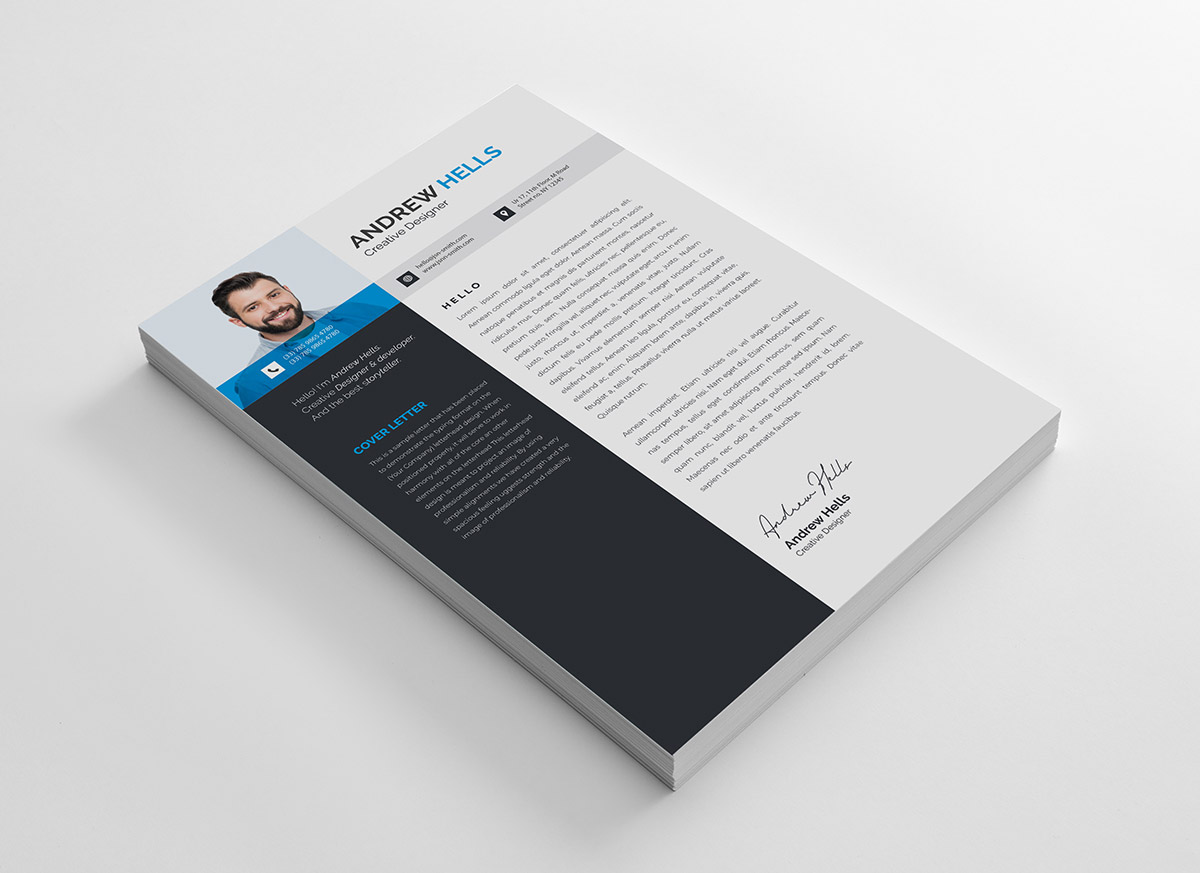A list of hobbies and interests employers look for on your CV
Photograph. Gardening. Rock climbing. Traditional career advice says hobbies and interests don’t belong on a resume, but times have changed. Today, including hobbies and interests on your CV can make your job application stand out to potential employers and help you get a foot in the door for job interviews.
For entry-level job seekers, “Hobbies demonstrate to an employer that you are a passionate, enthusiastic, and engaging individual and that there is more to you than good qualifications”.
Experienced job seekers can also benefit from having an “interests” section, as it gives you the opportunity to present yourself as a candidate that matches a company culture, says Resume Strategist. This is especially important, as more than 80% of employers worldwide say culture is a high priority in hiring.
Of course, some hobbies make more sense on a resume than others. (Collecting those creepy dolls, for example, may scare some employers.)

Interests related to the industry
In general, the hobbies you include on your resume should connect with the job you are looking for. So if you are applying for a job as a stockbroker, mentioning that you enjoy skydiving or mountain climbing shows that you know how to take calculated risks. In the meantime, if you are looking for a job in a creative field like marketing or graphic design, including painting or photography on your resume shows that you have a creative mind.
Hobbies that make you unique
Hobbies that show you possess unique characteristics can become great conversation starters during a job interview with a hiring manager or recruiter. For example, if you are a classically trained pianist performing publicly, you would like to highlight that on your resume.
In fact, citing musical talents on your resume can be particularly impressive to employers, as playing an instrument is “an exercise in developing good listening skills, experimenting, overcoming repeated failures, self-discipline, and successful collaboration”.
Interests that show that you are a team player
In a recent survey by the Society for Human Resource Management, a global human resources society, 83% of employers said teamwork is a top priority for screening entry-level job applicants. Therefore, using the “interests” section of your resume to show that you are a team player can be extremely valuable.
If you play a team sport, include it on your resume. “Student-athletes know how to be a good follower, as well as how to take control of a situation,” says a member of professional services and recruiting company. “They understand the roles, and they know where they fit in. In the workforce, they feel comfortable taking initiative as well as providing support.”
Endurance sports, such as running, swimming, or biking, are also worth putting on your resume, as they represent tenacity, perseverance, and unity of skills that translate well to virtually any profession.
Passion projects
Sadly, an overwhelming 88% of American workers have no passion for their jobs, according to a Deloitte survey. However, employers still want people who love what they do – which can be extended to their personal interests. After all, if you are a passionate person outside of the office, you can bring that same level of energy into your work.
So instead of simply stating in the summary section of your resume that you are “passionate” about your field, use the “interests” section to showcase passion projects, from an improv comedy or community theater group. even blogging or teaching a new language. For artists, perhaps the ideal passion project is opening an Etsy shop; For photographers, you could be selling your work online. The possibilities are endless.

Volunteer work
According to a survey of 200 UK companies, 73% of employers said they would hire a candidate with volunteer experience over one without. The survey also found that 58% of employers believe that volunteer work experience may be more valuable than experience gained in paid employment.
The same is true in America. A recent survey of 2,506 US hiring managers found that 82% of respondents said they are more likely to hire a candidate with volunteer experience. Therefore, to take advantage of his volunteer experience, place it in the “interests” section of your CV.
“When he volunteers, he projects himself as someone who cares about a cause greater than his own personal needs,” writes a job search coach. He is seen as a person who gives back to his community, profession or cause, “which is attractive to all employers.
